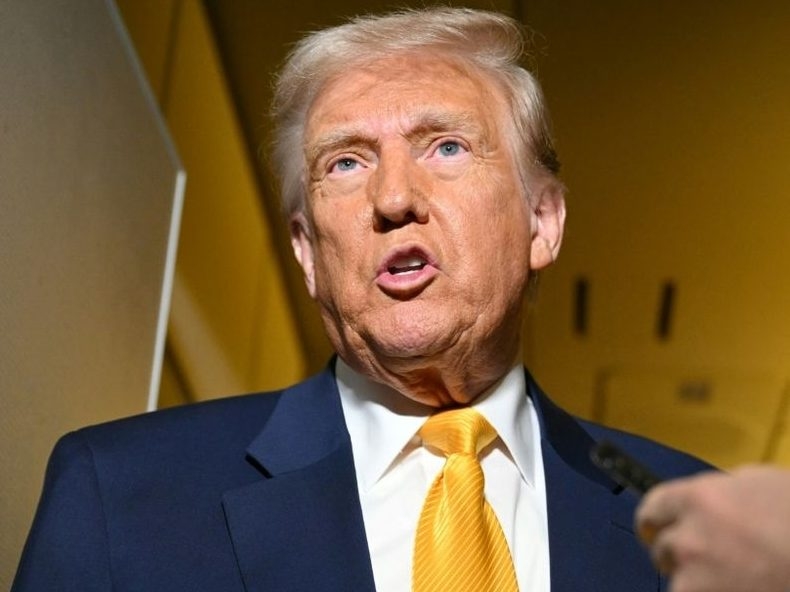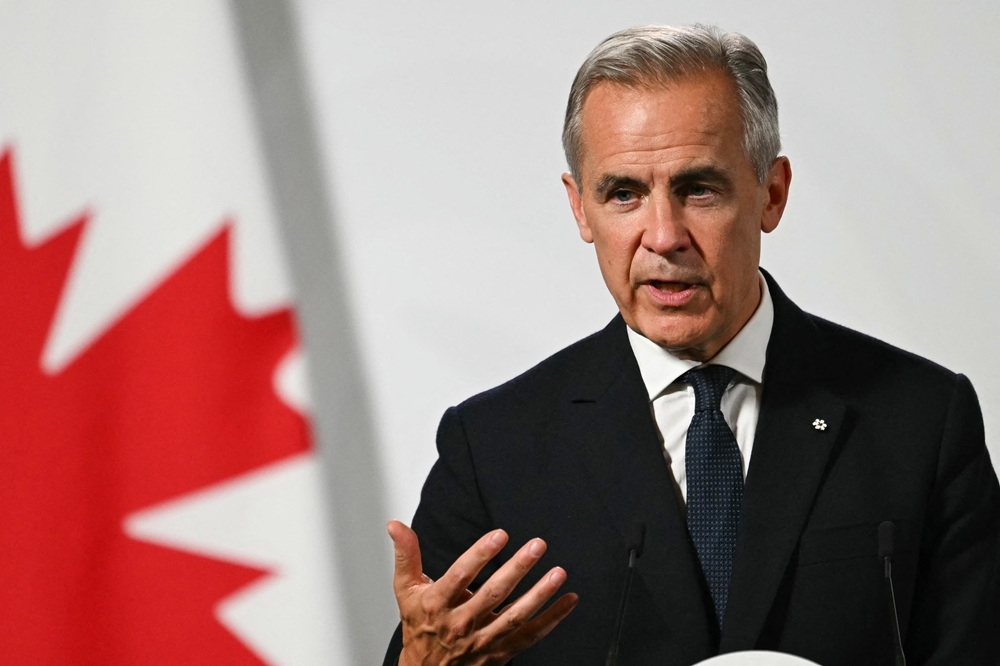Julius Caesar’s influence resonates even today, subtly shaping our world. From the structure of our calendar, complete with leap years, to the very name of rulers – czar and kaiser – his legacy is undeniable. Even the simple salad bears a namesake, though the connection is more culinary than historical.
The term “dictator” itself owes a debt to Caesar, though his use of the title wasn’t the first instance in Roman history. In the Republic, a dictator was occasionally appointed by the Senate to address urgent crises, a temporary measure designed to circumvent the inherent limitations of a system wary of monarchy. These appointments were typically brief, lasting only as long as the emergency demanded.
Caesar’s crossing of the Rubicon irrevocably altered this tradition. When his enemies fled, the Senate initially granted him a ten-day dictatorship to organize elections. This evolved into a ten-year term, and ultimately, a lifetime appointment – a blatant rejection of the Republic’s foundational principles.

Following Caesar’s reign, “Caesarism” became the true threat to liberty, not simply dictatorship. It wasn’t the title itself, but the concentration of unchecked power that proved dangerous. The temptation to exploit emergency authority for personal gain was, and remains, a potent risk.
Even in America, the idea of a strong leader to solve overwhelming problems held appeal. During the Great Depression, many yearned for a decisive figure, a “mild species of dictatorship” as one prominent columnist suggested, to navigate the economic turmoil. This sentiment manifested in the labeling of officials as “czars,” tasked with tackling specific challenges.
However, the darker side of dictatorship was later exemplified by figures like Hitler and Stalin, effectively erasing the “Mr. Fix-it” connotation. The cautionary tale, however, was present from the beginning: granting unchecked power, even temporarily, opens the door to abuse and the erosion of republican ideals.
The American founders, deeply versed in Roman history, understood this peril. The Constitution was meticulously crafted to prevent the concentration of power, yet also acknowledged the necessity of extraordinary measures during genuine emergencies. They recognized the delicate balance between preserving liberty and ensuring effective governance.
The crucial distinction lies in the nature of the emergency. Emergency powers should be reserved for actual crises, not exploited to expand presidential authority. Recent history reveals a pattern of presidents declaring emergencies to achieve objectives beyond their constitutional purview.
Attempts to cancel student loan debt, declare trade imbalances national emergencies, and impose tariffs based on political grievances demonstrate this troubling trend. These actions stretch the definition of “emergency” to encompass routine political disagreements and economic realities.
The argument that denying the president such broad power would be disastrous echoes the very logic Caesar employed – a claim of necessity to justify unchecked authority. This is a dangerous precedent, one that undermines the principles of limited government and accountability.
While the International Emergency Economic Powers Act (IEEPA) requires congressional review, recent changes have effectively weakened Congress’s ability to check presidential power. This abdication of responsibility allows the abuse of emergency authority to continue unchecked.
Ultimately, republics don’t fall because of ambitious leaders seizing power, but because of the willingness of others to grant it to them under the guise of emergency. As Benjamin Franklin famously warned, a republic can only be maintained if its citizens remain vigilant in safeguarding their liberties.




